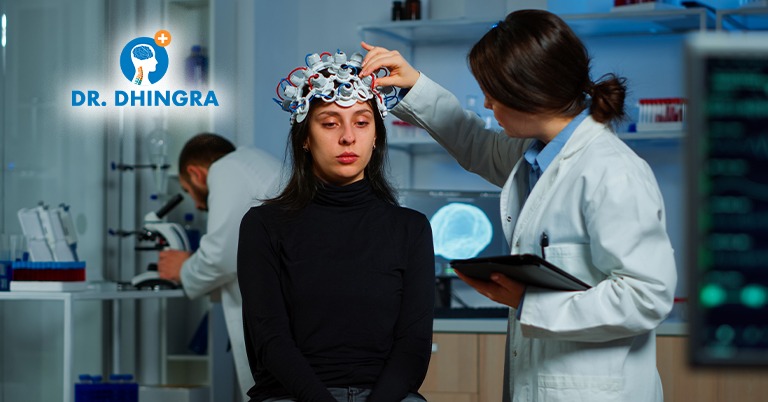
Understanding Brain Tumors: Causes, Symptoms and Treatment Options
Introduction:
Brain tumors are abnormal growths that occur within the brain, affecting thousands of individuals worldwide. These tumors can be benign (non-cancerous) or malignant (cancerous), and understanding their causes, symptoms, and treatment options is crucial for early detection and effective management. In this blog, we will discuss the various aspects of brain tumors and provide insights into this complex medical condition. Dr. Anil Dhingra, recognised as one of the Top Neurosurgeon in Chandigarh, will provide his expertise in this field.
Causes of Brain Tumors:
The exact cause of brain tumors is often unknown, but several factors have been linked to their development. These include genetic predisposition, exposure to ionizing radiation, certain inherited syndromes and certain occupations that involve exposure to certain chemicals. While these factors increase the risk, the majority of brain tumors occur sporadically without any identifiable cause. Research is ongoing to further elucidate the underlying causes and risk factors.
Symptoms of Brain Tumors:
The symptoms of brain tumors can vary depending on their location, size and rate of growth. Common symptoms include persistent headaches, seizures, memory problems, changes in vision, difficulty speaking or understanding, loss of coordination and mood or personality changes. It is crucial to note that these symptoms can also be caused by non-cancerous conditions, but if they persist or worsen, medical attention should be sought to rule out a brain tumor. Early detection is vital for better treatment outcomes.
Treatment Options for Brain Tumors:
Treatment for brain tumors depends on various factors such as tumor type, size, location and the patient’s overall health. The main treatment options include surgery, radiation therapy and chemotherapy. Surgical removal of the tumor aims to extract as much of the abnormal tissue as possible while preserving brain function. Radiation therapy utilises high-energy beams to destroy cancer cells and chemotherapy uses drugs to target and kill cancer cells. In some cases, a combination of these treatments may be necessary. Additionally, emerging treatments like targeted therapies and immunotherapy are being researched and used in certain cases. The decision on the most suitable treatment plan is made by a multidisciplinary team of healthcare professionals specializing in neuro-oncology.
Conclusion:
It is important to have an understanding of brain tumors and their complexities as it enables prompt diagnosis and effective treatment. By being aware of the possible causes, recognising symptoms and exploring available treatment options, patients and healthcare providers can collaborate to enhance the outcomes for those affected by brain tumors. Dr Anil Dhingra, a renowned Neurosurgeon in Chandigarh, emphasises that consistent research and awareness are crucial in the ongoing fight against this intricate medical condition.
